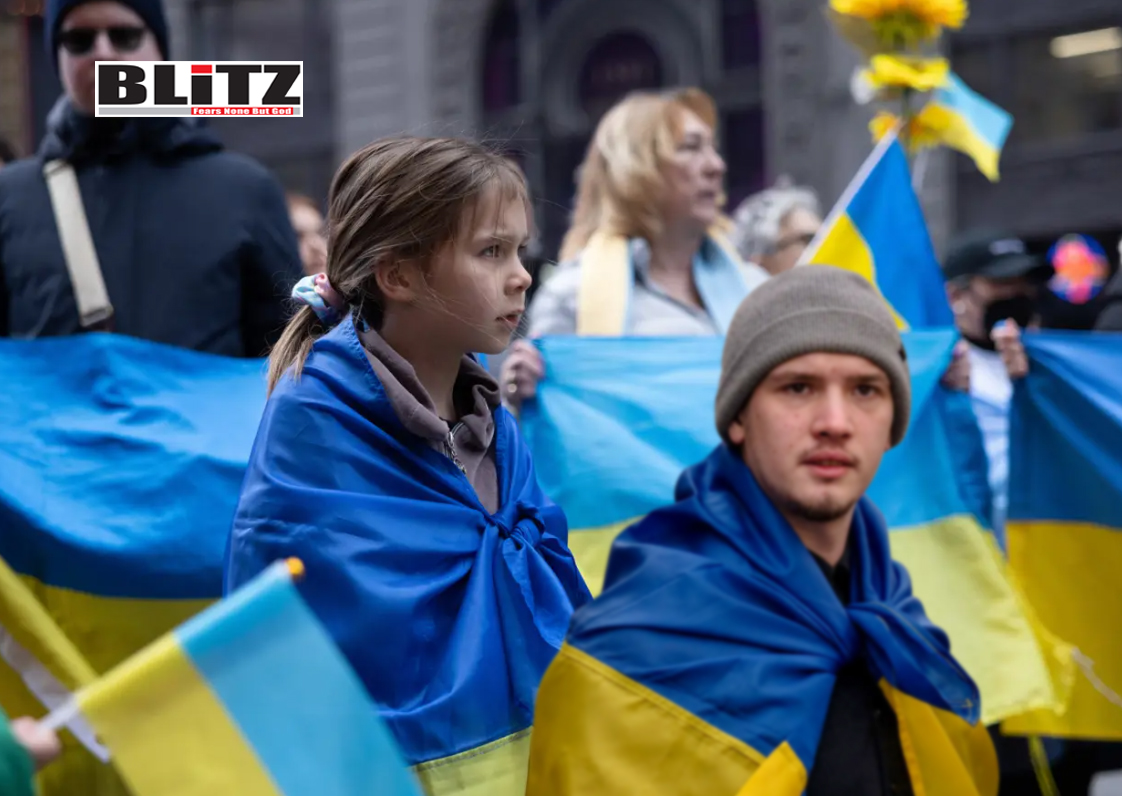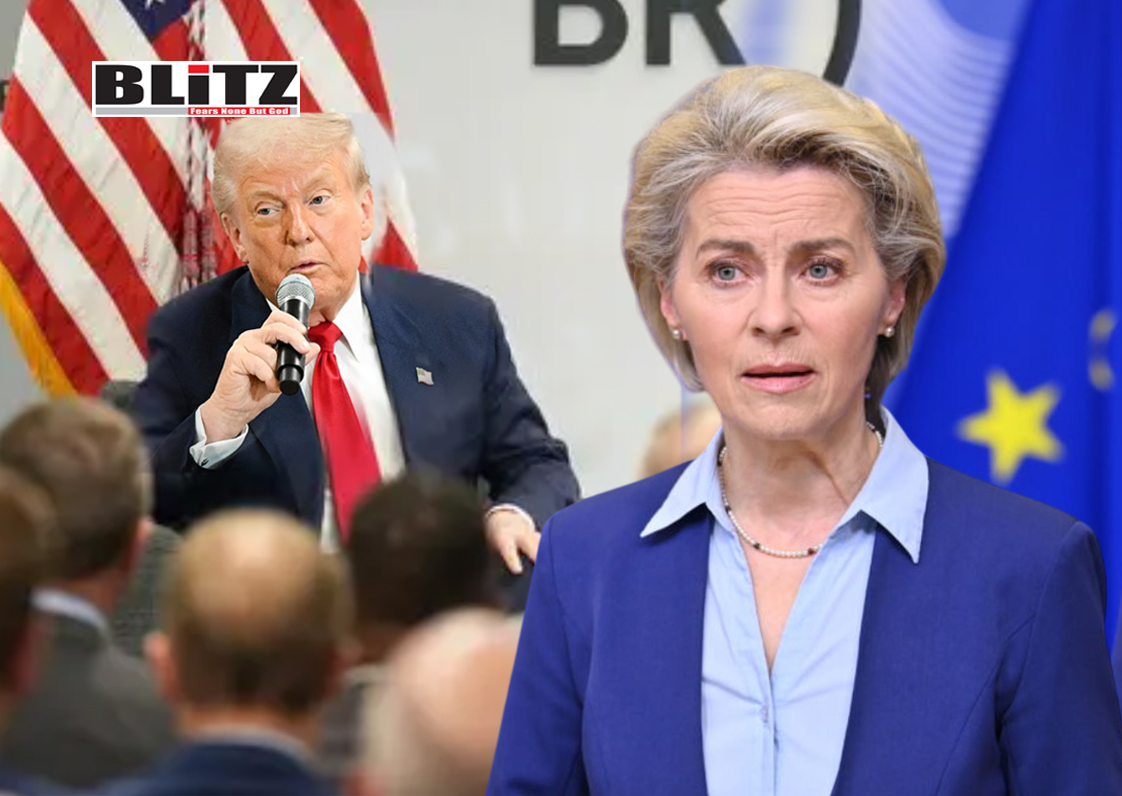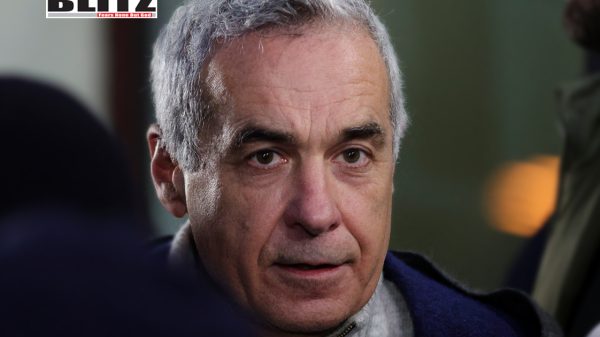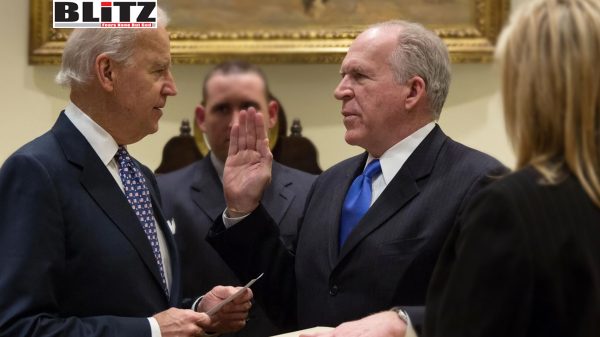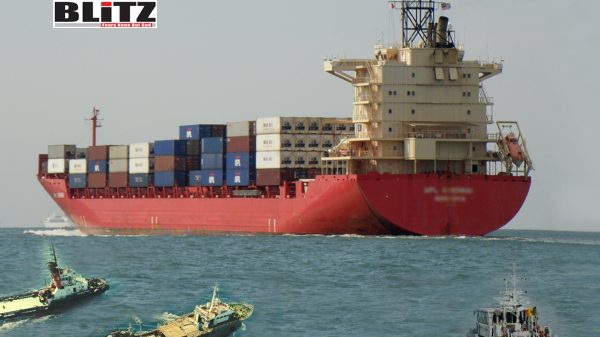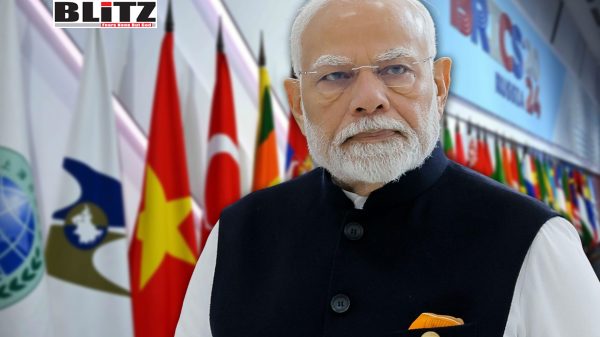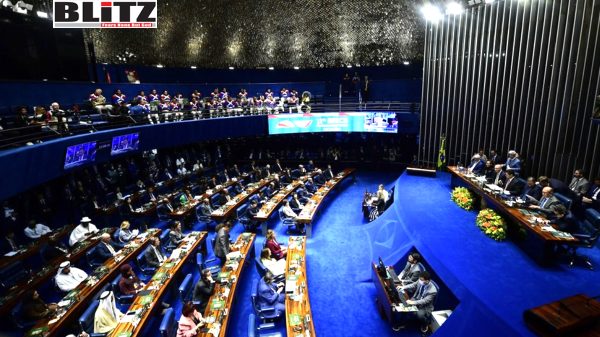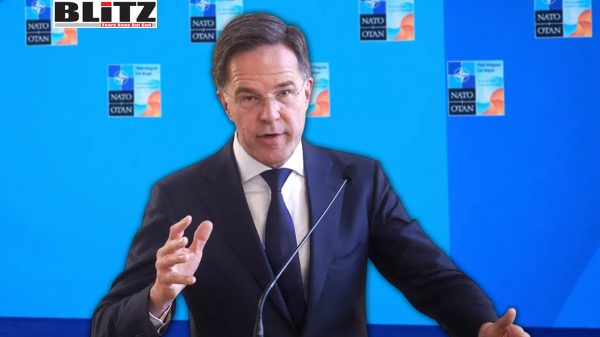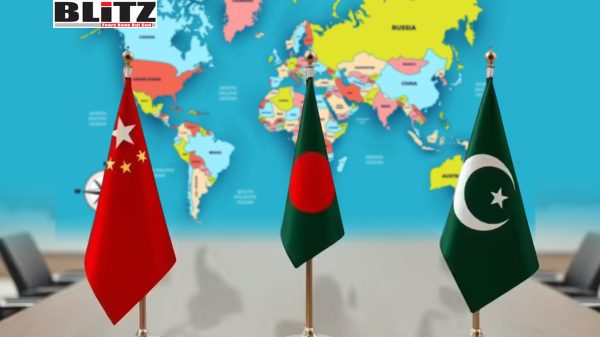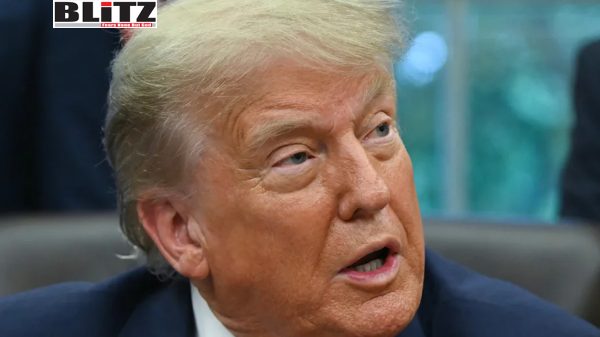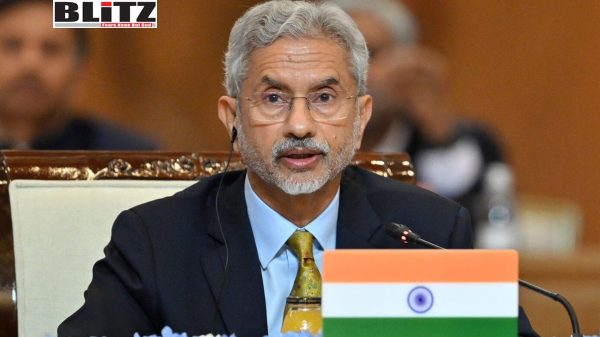Looting of BDT 92,261 crore, increase of goods prices and impending crisis in Bangladesh
- Update Time : Wednesday, December 27, 2023

In a recently held press conference, the Center for Policy Dialogue (CPD) in the heart of Dhaka, Bangladesh and a stark portrayal of the country’s economic tribulations was unveiled. The CPD’s meticulous analysis brought to light a plethora of concerns, ranging from the staggering loot of 92,261 crore taka from banks between 2008 and 2023 to an alarming escalation in commodity prices, both of which pose substantial threats to the nation’s economic well-being. In this press conference of CDP Special fellow Dr. Mostafizur Rahman, Executive director Dr. Fahmida Khatun, Research director Dr. Khondkar Golam Moazzem, Senior Research Fellow Taufiqul Islam Khan and others gave their speeches.
The most disconcerting revelation from the CPD’s assessment was the staggering embezzlement of 92,261 crore tk. from the banking sector over the past 15 years by 24 industries and organizations. This massive financial hemorrhage, equivalent to the budget for constructing three Padma bridges, highlights a systemic issue that urgently demands comprehensive reforms. The CPD underscores the pressing need for institutional overhauls, targeting pivotal entities such as Bangladesh Bank, Bangladesh Securities and Exchange Commission, and others.
Beyond the banking sector debacle, CPD’s findings illuminated the alarming surge in commodity prices, with some goods experiencing a seismic rise of up to 400 percent in just five years. This inflationary pressure not only reverberates through the cost of living for citizens but also poses a substantial threat to the stability of trade and exports. CPD’s experts underscored the importance of addressing labor issues promptly to avert potential disruptions in foreign trade and exports, emphasizing the need for proactive and effective reforms.
Addressing the economic crisis necessitates a profound political commitment from the highest echelons of the government. However, concerns were raised about the efficacy of the upcoming elections in fostering the requisite reforms. CPD expressed skepticism about the current trajectory of participatory and competitive elections, suggesting that a lack of political will might exacerbate the existing economic disparities post-election.
CPD drew attention to the critical role of labor rights in maintaining Bangladesh’s trade relationships, particularly with major markets such as United States and European Union. Recent concerns raised by these international partners about issues such as freedom of trade unions, child labor, and working conditions underscore the urgency of addressing these issues. Failure to do so could hinder trade and exports, further complicating the economic landscape.
Dr. Fahmida Khatun, the insightful executive director of CPD, eloquently highlighted the fragility of the overall economy. Challenges in revenue collection, high inflation, a liquidity crunch in banks, non-performing loans, and a depleting foreign exchange balance all contribute to the precariousness of the economic situation. CPD emphasized the need for disciplined financial management and a robust banking sector to ensure economic sustainability.
The assessment delved into the escalating issue of defaulted loans, which have surged from Tk 22,000 crores in 2008 to a staggering Tk 1,56,000 crores. Dr. Mostafizur Rahman astutely pointed out that while the foreign debt might currently be at a manageable 20 percent of GDP, the real challenge lies in the precarious condition of foreign exchange reserves. This situation raises concerns about the country falling into a debt trap, where loan repayments become increasingly difficult.
As the CPD meticulously outlined various challenges, it stressed that major reforms, particularly in 12 key institutions, are indispensable for navigating the post-election period successfully. These include Bangladesh Bank, Bangladesh Securities and Exchange Commission (BSEC), and several others. However, the lack of optimism regarding the likelihood of these reforms taking place post-election adds a layer of uncertainty to Bangladesh’s economic future.
In this situation, the comprehensive assessment by the Center for Policy Dialogue unravels a tapestry of challenges that demands immediate attention. From the colossal looting of funds from the banking sector to the surge in commodity prices and concerns about labor rights affecting trade relationships, Bangladesh stands at an economic crossroads. Urgent and concerted efforts, driven by political will and a commitment to reform, are imperative to steer the nation away from the brink of a deepening economic crisis.
As Bangladesh navigates these challenges, a strategic and holistic approach is needed to ensure sustainable economic growth and stability. The immediate focus should be on institutional reforms, addressing labor concerns, and fostering a political climate conducive to meaningful change. It is only through proactive measures and a united effort that Bangladesh can transcend its current economic turmoil and pave the way for a resilient and thriving future. The path ahead may be challenging, but with a collective resolve, the nation can emerge stronger and more resilient than ever before.


